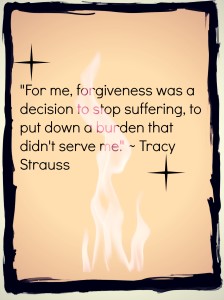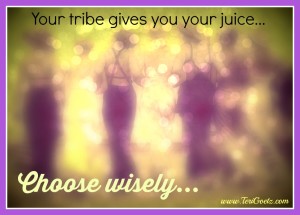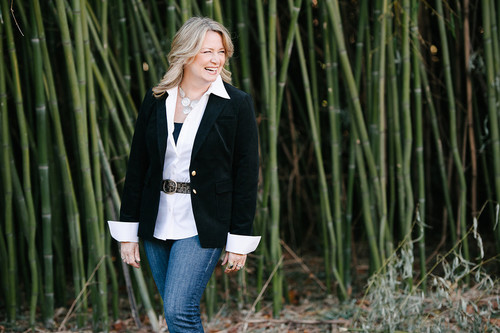We humans are elaborate creatures, and our relationships with our mothers can be a complicated one. Mother’s day, I know for a fact, brings up a lot of convoluted feelings for  a lot of you. Some of you have lost your mothers, and that’s painful and complicated in its own way. Some of you are estranged from your mother (or wish you were but can’t cut the ties). Some of you have an amazing relationship with your mother and are best friends. Some of you feel you can’t live up to your mother’s expectations (which then become your own.)
a lot of you. Some of you have lost your mothers, and that’s painful and complicated in its own way. Some of you are estranged from your mother (or wish you were but can’t cut the ties). Some of you have an amazing relationship with your mother and are best friends. Some of you feel you can’t live up to your mother’s expectations (which then become your own.)
So, I wanted to write something that represented the real, messy, knotty, thorny, deep, desiring and complex issue of motherhood.
I gratefully still have my mother, but know a lot of women who have lost theirs. I’m thankful to have done the work and had the tough discussions with her and really come from a place of love for her. Not everyone has the gift of resolution with their mothers.
Women who have lost their moms find themselves in a position of being a “motherless” woman, as it is referred to. However, I don’t know that I love that term because it can imply that you never had a mother and creates a category that seems to acknowledge mostly the isolated and lonely aspects of that. I know women whose mothers died when they were young, which creates a separate and differently tender sub-category within that.
Those of you who have a strained or non existent relationship with your mother stroll the aisle at the card store, looking for something that represents your true relationship – but there aren’t ones that say, “I know you tried your hardest but you really hurt me.” Or “Where were you when I needed you? I still love you.” Or “Now that I have my own kids, I realize I don’t know your true story of what it was like to raise me as a single mom.” or, “I wish you were still here in so many ways.”
Acknowledging that the mother who gave birth to you, or adopted you, is a complex woman can sometimes help in understanding those knotty feelings. The appreciation that everyone does the best they can with what they have at the moment is one of the most healing sentiments one can have.
It’s easy to carry around issues of abandonment your whole life – and bring that into many other relationships. The truth is, your mother did the best she could with what she had at the time. Can you forgive her (or at least understand her) for her mistakes? For her immaturity when she did something that hurt you, her neediness that can’t be explained? Or maybe, her mental illness? Even, her abandonment? We all have mothers who were, like us, in some way imperfect. But remember, they did the best they could.
Might you even go so far as to believe that you chose her for a reason? That there were some lessons you needed to learn by having your mother? Even if you lost her too early, as sad as that can be, what did you learn from that? Perhaps you might even find a gift somewhere inside of the complex feelings?
I hail you all because life is an elaborate tale that I sometimes think we are here to unravel so that we can get back to the essential nature of who we are. We have experiences that are painful and joyful – and the whole gambit in between. It’s the meanings we attach to them that are so very important.
Some women struggle not to be like their mothers while others truly admire their mothers and would love to be just like them. The truth is, it’s about the You that you are evolving into – and how you radiate that out into the world.
There’s no right or wrong way to do this! There’s no correct way to celebrate (or not) the nature of motherhood. It’s for you to decide. Acknowledging how you feel is key. Then, ideally, you write your story of your life the way you choose to write it, including acknowledging the mother who gave you life — without blame, and ideally, some day, with forgiveness.
I read this on facebook the other day:
Maybe the journey isn’t so much about becoming anything. Maybe it’s about un-becoming everything that isn’t really you so that you can be who you were meant to be in the first place.”
Can you move into a place of unbecoming everything that isn’t you? And if you are so inclined to move into forgiveness, I highly recommend the book Radical Forgiveness by Colin Tipping.
Sending you much much love on this day and acknowledgement that I’m glad you were born!
For those who want to read a good, albeit painful, article on mother forgiveness:
http://www.huffingtonpost.com/


